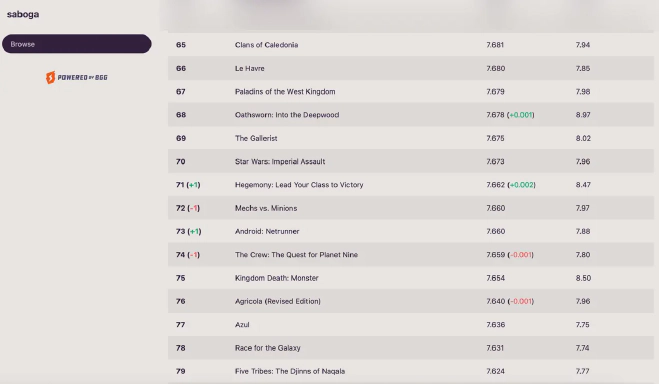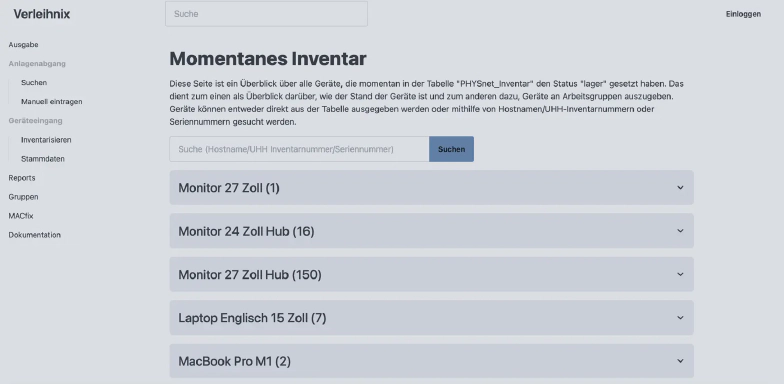Python
I created this software package during my master thesis. It is used to study superconductivity in a certain flat-band system.

This is a little project utilising data from Boardgamegeek to show historical rating and rank data of the ranked games.

During my time working at the PHYSnet data centre, I developed a web application based on Flask to interface with a database containing data about devices we managed. Some Tasks using this database were giving out PCs, Laptops and monitors to research groups, handling taking these devices back and filling out everything needed by the university management when the devices are coming in.
Finished January 2023 | Lecture Notes
Computational Physics with Focus on Time-Dependent quantum mechanics
Computational Physics | Python |The goal of the course is to learn how to solve complex physical problems by means of computer coding and simulations.